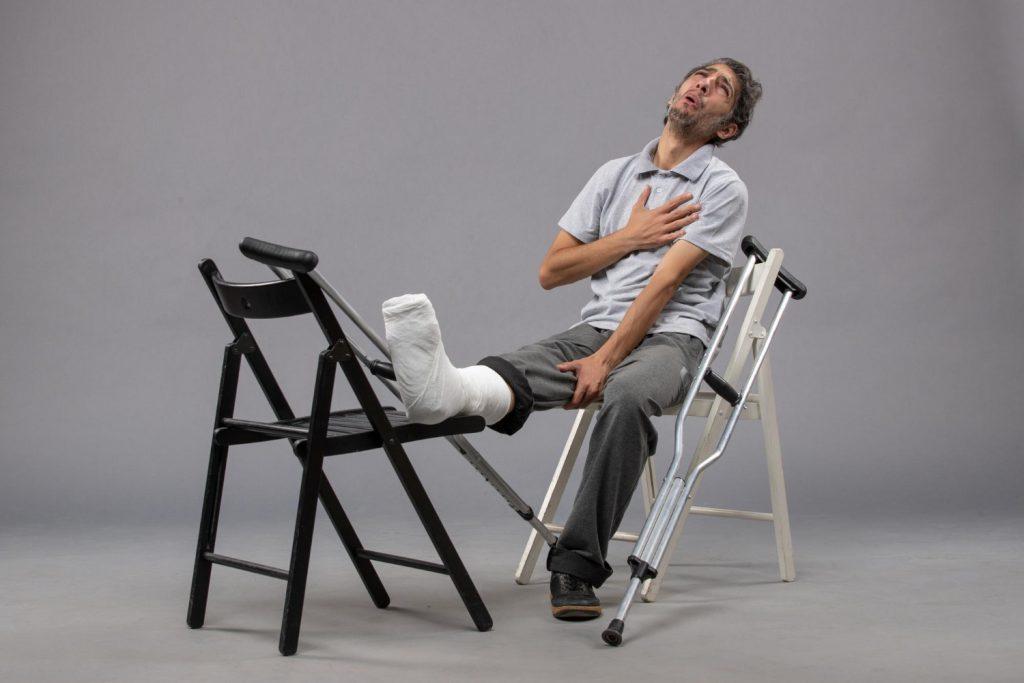Can You Sue for Pain and Suffering After a Car Accident?

Car accidents can be life-changing. They often bring physical injuries, emotional distress, and financial challenges. While medical bills and car repairs may be covered by insurance, what about the emotional toll?
Pain and suffering damages are often part of the average car accident claim. These damages go beyond medical expenses and lost wages. They aim to compensate for emotional anguish, physical pain, and the overall disruption to your life caused by the accident.
Get the help of a car accident lawyer to understand your rights and secure the compensation you deserve.
Can You Sue for Pain and Suffering?
Pain and suffering refers to the physical and emotional distress caused by an accident. These damages are non-economic, meaning they do not have a clear dollar value. Instead, they reflect the personal impact of the injuries on your life.
Examples include:
- Chronic physical pain
- Emotional trauma, such as anxiety or depression
- Loss of enjoyment in daily activities
- Difficulty maintaining relationships
Unlike medical expenses or lost wages, these damages are harder to calculate. This is why having strong evidence and legal representation is essential.
To answer the question, yes, you can sue for pain and suffering after a car accident.
To build a strong case, consider gathering:
- Medical records
- Photos of injuries
- Witness statements
- Expert testimony
Most states have a two-to three-year statute of limitations for personal injury claims. This means you must file your lawsuit within three years of the accident.
How is Pain and Suffering Calculated?
Courts and insurance companies use different methods to calculate pain and suffering damages. The two most common methods are:
- Multiplier Method: This method multiplies your actual damages, such as medical expenses, by a number between 1.5 and 5. The severity of your injuries usually determines the multiplier.
- Per Diem Method: This method assigns a daily value to your pain and suffering and multiplies it by the number of days you’ve experienced distress.
Factors that may influence the amount awarded include:
- Severity of injuries
- Length of recovery time
- Impact on your daily life
- Evidence supporting your claim
Why Legal Help is Important
Suing for pain and suffering can be complicated. Insurance companies often try to minimize these claims, and the burden of proof falls on you. Having an experienced lawyer on your side can make a significant difference.
A skilled car accident lawyer understands the state’s laws and knows how to build a compelling case. They can negotiate with insurance companies on your behalf and fight for the compensation you deserve.
Tips for Strengthening Your Case
If you’re considering a claim for pain and suffering, keep these tips in mind:
- Document Everything: Keep detailed records of your injuries, treatments, and how the accident has affected your daily life.
- Seek Medical Attention: Immediate and ongoing medical care not only aids your recovery but also serves as evidence.
- Avoid Discussing Your Case: Be cautious about what you say to insurance adjusters or post on social media.
- Consult a Lawyer Early: Legal advice from the beginning can help you avoid mistakes and strengthen your case.
Conclusion
Suing for pain and suffering after a car accident is possible, but it requires careful preparation and a solid understanding of the law. If you’ve been injured in a car accident and are dealing with physical and emotional pain, don’t hesitate to explore your legal options. With the right support, you can pursue the compensation you deserve and focus on moving forward with your life.



